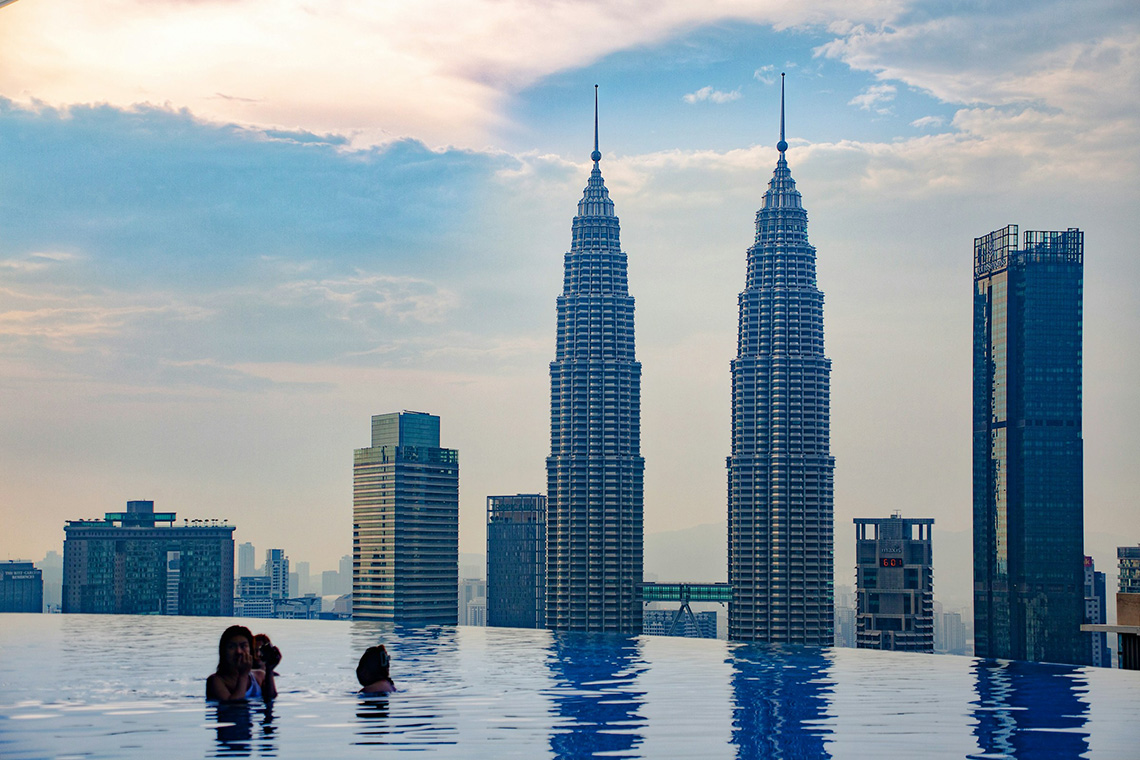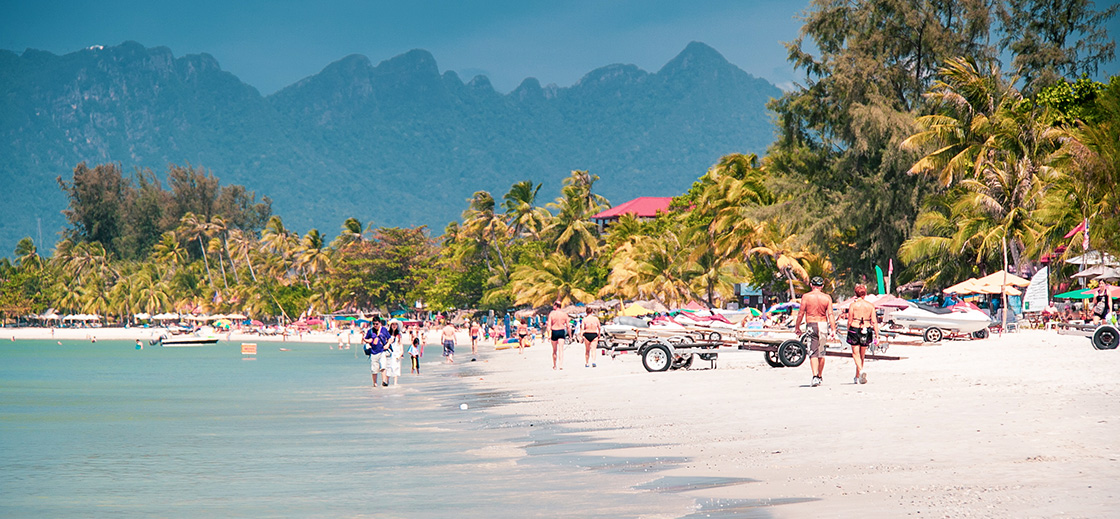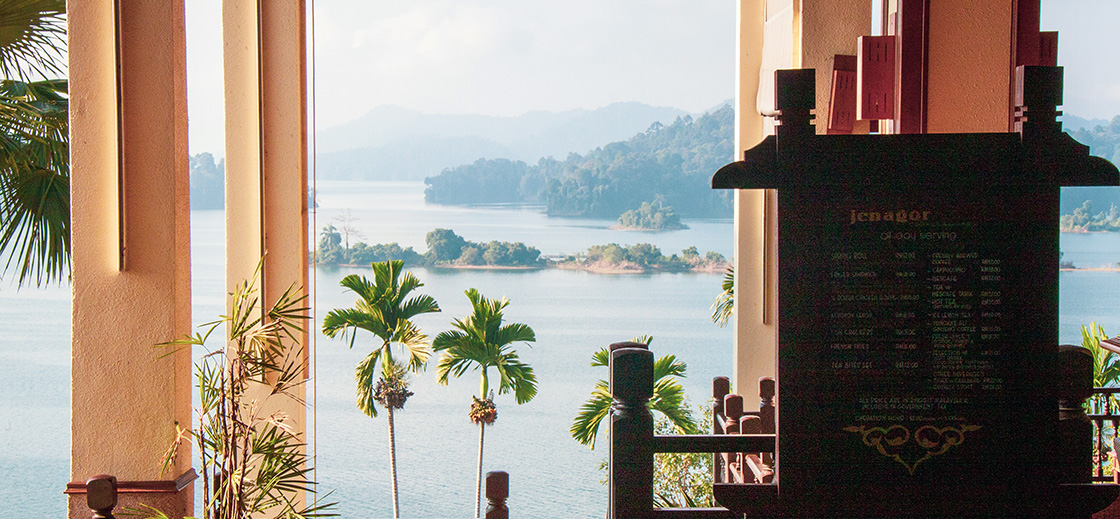In 2024, Malaysia’s tourism industry has seen a remarkable recovery, nearing pre-pandemic levels, as the country continues to attract millions of international visitors. With 18 million tourist arrivals in 2023, surpassing the targeted 16.1 million, the country has firmly established itself as a prime travel destination in Southeast Asia.
The tourism growth is supported by a series of infrastructure improvements. Malaysia Airlines has increased its on-time performance significantly, with improvements in aircraft availability to meet rising travel demand.
Public transport has also become more accessible for tourists in Kuala Lumpur, with the introduction of the MyTourist Pass, offering unlimited travel for one to three days. Among the country’s growing array of attractions is Langkawi’s innovative AI-powered golf simulator, a new experience for visitors.

This reflects the region’s drive to incorporate modern technology into its tourism offerings. Malaysia’s calendar of events also continues to draw crowds, with highlights such as the Langkawi Geopark Enduro Challenge and the Tropical Rainforest Run, both attracting sports and online casino Malaysia says fans worldwide.
Cultural and heritage tourism is thriving, with festivals such as the Sarawak Borneo Craft Festival and the Festival Kraf Pesona Tekstil 2024 showcasing the country’s rich traditions. Malaysia’s ongoing efforts to host international events, alongside its robust tourism infrastructure, position the country as a major player in the region’s travel industry.
Looking ahead, the government is already planning for Malaysia Tourism Year 2026, with proposals to introduce tax incentives to further boost the sector. With continued investments and diverse attractions, Malaysia is set to remain a favourite destination for travellers from all corners of the world.
Why is Malaysia one of the fastest-growing countries today?
Malaysia’s rapid ascent as one of the fastest-growing nations in the world is rooted in its strategic vision, strong economic policies, and cultural dynamism. A combination of factors, ranging from infrastructure development to global partnerships, has positioned Malaysia as a regional leader in Southeast Asia.

Here’s why the nation stands out:
Economic diversification
Malaysia’s economy is a mix of farming, manufacturing, and services. The government focuses on growing advanced industries like electronics and renewable energy, which has helped the country depend less on traditional sectors like palm oil and rubber. Using modern technologies from Industry 4.0 has also strengthened manufacturing, making Malaysia more competitive worldwide.
Booming tourism industry
Tourism is a big part of Malaysia’s economy. In 2023, over 18 million tourists visited, and even more are expected in 2024. People are drawn to Malaysia’s unique culture and beautiful landscapes. Programs like the MyTourist Pass and global events like the MotoGP and Langkawi Geopark Enduro Challenge show Malaysia’s efforts to make travelling there more exciting.
Foreign direct investment (FDI)
Malaysia attracts a lot of foreign investment because of its stable politics, skilled workers, and supportive business environment. Special economic zones like Iskandar Malaysia in Johor offer benefits and top-quality facilities, making the country even more appealing to investors.
Infrastructure modernisation
Malaysia’s focus on building infrastructure has greatly boosted its growth. Big projects like the East Coast Rail Link (ECRL) and the expansion of Kuala Lumpur International Airport (KLIA) improve transportation, create jobs, and help local businesses. Upgrades to public transport, like expanding the MRT and LRT, also support the growth of cities.
Educational excellence
Malaysia’s growth as an education hub has been significant. Each year, thousands of international students, especially from China and the Middle East, come for affordable tuition and respected universities. Partnerships with top global universities help Malaysia stay competitive in higher education.
Cultural and technological Innovation
The country’s focus on innovation has boosted technology and the arts. Places like Cyberjaya are key for digital progress, while cultural festivals and big events showcase Malaysia’s identity worldwide.
Malaysia’s rapid growth is a testament to its strategic planning and adaptability. By leveraging its natural resources, human capital, and technological prowess, the country is not only meeting current challenges but also positioning itself for a prosperous future even in industries such as the online casino Malaysia says sector.




